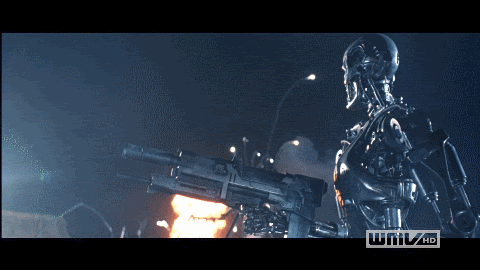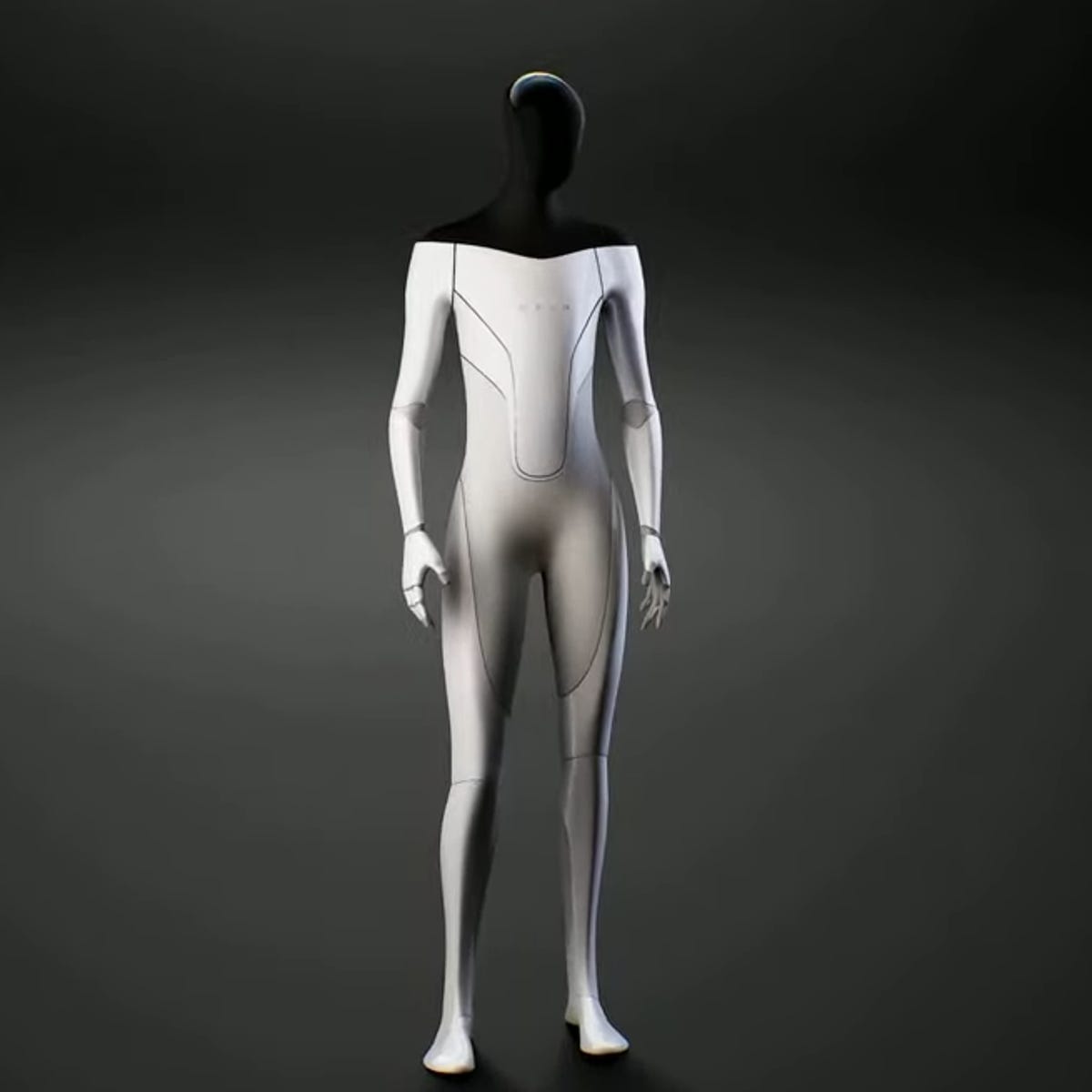As a psychologist I do think that some fears about AI are overblown, I don't see it happening that AI will somehow manifest consciousness and start setting its own goals. Human motivation is strongly linked to the fact we are embodied beings and our bodies have needs which determine what psychological drives we have. For example, humans get curious which prompts us to explore our environment, and that in turn is advantageous to our survival. An AI can't be curious. It can be told to gather information, but there's no way that I can see that an AI will start gathering information simply because it wants to know or is curious. So a terminator-like skynet that will decide humans are to be exterminated of it's own accord, is pretty much out of the question. However, an AI can be pre-programmed with specific goals that could set it up (even inadvertently) to reach a similar conclusion. If you program a goal like self-preservation into an AI, depending on how you operationalize that, it could reach a point where it determines that humans are a threat to its continued existence. This is the big danger, not so much where AI will 'evolve' to, rather what problems it will be directed at and how those problems are framed.
For my own job I'm not super fearful to be replaced, as I work with psychiatric patients and I don't see an effective FreudGPT appearing just yet
I don't think there is much difference between embodiment in virtual reality and embodiment in the real world. A brain in a vat would be subjectively as embodied as one with an actual physical body. As for curiosity, we have to remember that so far it seems physics is computable, and as a physical system the brain too is computable. All information points to the brain being a type of information processor or computer, so its functions should be replicable in artificial machines.
Mechanisms like UBI or rations would work in that case because some corporation or industrial concern will want to make a profit supplying necessities. Inequality will probably increase but does it really matter what the rich are doing if we get to a point where everybody can live a long and healthy life without working?
The big problem, is that enough technology and power and you can rival or surpass the government itself. The basis of the legal system, that which upholds the law, is the monopoly on the greatest power, if a wealthy individual surpasses the military strength of the government they essentially gain control of the law, and basically they can be lawless if they desire.
Because that is something that I sincerely doubt, you need a body to feel pain.
even direct brain stimulation can cause pain. the signals that arrive from the senses are digital all or none action potentials, not too different from what you'd get with a virtual body if properly connected.
Already chat bots are replacing call centre workers. I see this where I work.
and when the chat bot fails and you call for human help they transfer you to third world workers who barely understand english, and are paid pennies on the dollar
Even if you can upload whatever into your brain, you still need people to do the job.
someone has to do the job, but as ai advances the rate of progress also does too. Which includes progress on robotics, and once robotics gets advanced enough together with ai it is bye bye for tradeworkers
My main concern is the CEO's who can remain at the top, while everyone else has to accept whatever income they can get - but history has shown that if our "overlords" are not taking good care of us, their heads end up on a stick.
The problem is you can automate the private security and even create automated militaries. Also it may be the owner class that gives commands as even CEO positions may be automated eventually
Still investors have confidence, Uber is allowed to exist while losing so far close to 30 billion dollars because the day self driving hits the streets uber will go meteoric.
The problem with Uber is that Tesla has far far more data and is likely vastly ahead in self driving research. I think part of the problem is the amount of memory of current systems in cars, they can likely only house very small neural networks. Once they get more compute and memory they will be able to do far far better.
That's basically how it works today, it looks at other code humans already wrote and it puts it together to answer your question
Yes it does have problems with entirely novel challenges. But it can extrapolate to an extent, and it is believed future versions will be able to extrapolate further. We can already see in the image generation models how they're able to achieve novel output combinations in interesting ways.
But I do wanna point back a bit to the core problem here, and that's consciousness. Literally everything we perceive, experience, happens in the realm of consciousness which is an immaterial realm - you can't grab or exchange a piece of your consciousness directly. How and when exactly physical processes give rise to this immaterial phenomenon of consciousness is not fully understood, this is the so-called "hard problem" of consciousness.
I think the nature of consciousness likely has to do with the nature of information itself and symbolic representation or encoding. The brain takes the sensory input and encodes it in the sparse activity of neural networks, these represent or symbolize the external world, despite the activity of neurons having neither sound nor color somehow their merely representing or symbolizing what's outside is resulting in conscious sensation.
I'm graduated in economics, have a post grad, 10 years of work experience and I'm dreading this shit. 'Cause I know I'll have to keep spending my savings in more and more education to keep me afloat.
I doubt staying educated will allow you to keep up. I think a FIRE(financial independence retire early) strategy may be more sensible. Given how fast we are going.
No AI is going to be able to repair people's HVACs or replace their flooring or build their house for the foreseeable future.
Depends on what you mean by foreseeable future, if you mean years, sure unlikely but in a few decades at most those jobs are likely gone.





